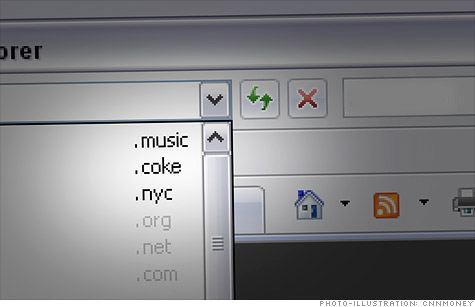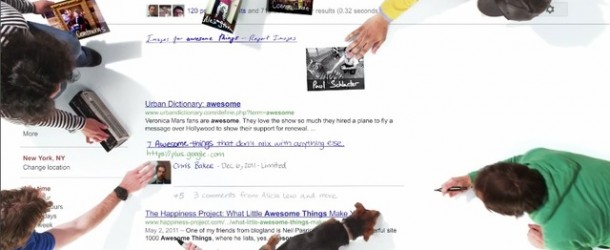I’m all about ROI. I love optimisation and for years I’ve been an advocate for digital, snatching budget from traditional media thanks to business cases built on results and detailed digital data.
But there’s something getting on my way. Always. Ad fraud.
Ad fraud lowers digital ROI
Ad fraud is my pet hate. Every falsely reported impression, click, and action decreases the ROI needed to justify paid digital marketing spent. However optimised the campaign is, you can never show the real value if you’re paying for impressions and clicks that never took place.
But that’s not my main problem with it. It’s the amount of money wasted.
AdBots & AdBlocks
The cost of ad fraud is estimated at $7.2 billion – 5% of the total global digital media market – predicted to reach $50 billion by 2025.
Any programmatic buy can be exposed to ad fraud. Malware can be used to steal cookie data, which is then duplicated and used to gain re-targeting impressions. On search partner networks bots can “type in” search phrases and click the search ads that show, targeting especially ads with high cost per click.
Adbots make up more than 30% of online activity, meaning that ad fraud takes one dollar per each three dollar digital ads spent. In fact, 1 out of 3 video ad impressions are seen by humans and 2 out of 3 are seen by bots mimicking to be humans.
With more and more people using software to block ads, these numbers are bound to rise.
Advertising industry benefits more than the criminals
For criminals ad fraud is a way to make millions of dollars per day without a real risk of getting any legal consequences out of it. Yet it’s the advertising industry, who’s getting the main benefits.
Before the illegal activity happens, the legal digital media ecosystem from media agencies to demand side platforms is already involved and getting paid for their part in the process. Ad fraud helps them to reach the high volume of impressions and clicks advertisers demand.
As ad fraud doesn’t affect advertising technology companies and ad platforms financially in a negative way, most of them lack the motivation to join forces to create a safe and transparent internet advertising ecosystem.
Ad fraud continues unless our attitude changes
It is becoming more and more difficult to differentiate between bot and human behaviour even if big data and machine learning is used to detect the fraud. Adbots are constantly changing to look more human and with artificial intelligence they are becoming even more unpredictable.
We can only combat this if all the digital ecosystem is involved from advertisers and publishers to ad platforms, but this will not happen until our attitude and behaviour change. This leaves me with a dilemma: as a digital marketer, can I really recommend throwing third of the budget out of the window?
Time to go organic?
So here’s a thought: maybe the only way for us advertisers to get all the parties to take it seriously is to reduce paid budget significantly and use the money instead to create amazing, high quality digital content consumers think is worth spreading organically e.g. RedBull space jump. It can be used to engage and delight customers online, creating positive word of mouth.
If ad fraud becomes a painful, painful financial problem for all, online advertising industry is bound to react. Yet by the time they do, it might be too late to get all of the budget back.
Organic, viral stuff tends to work.








